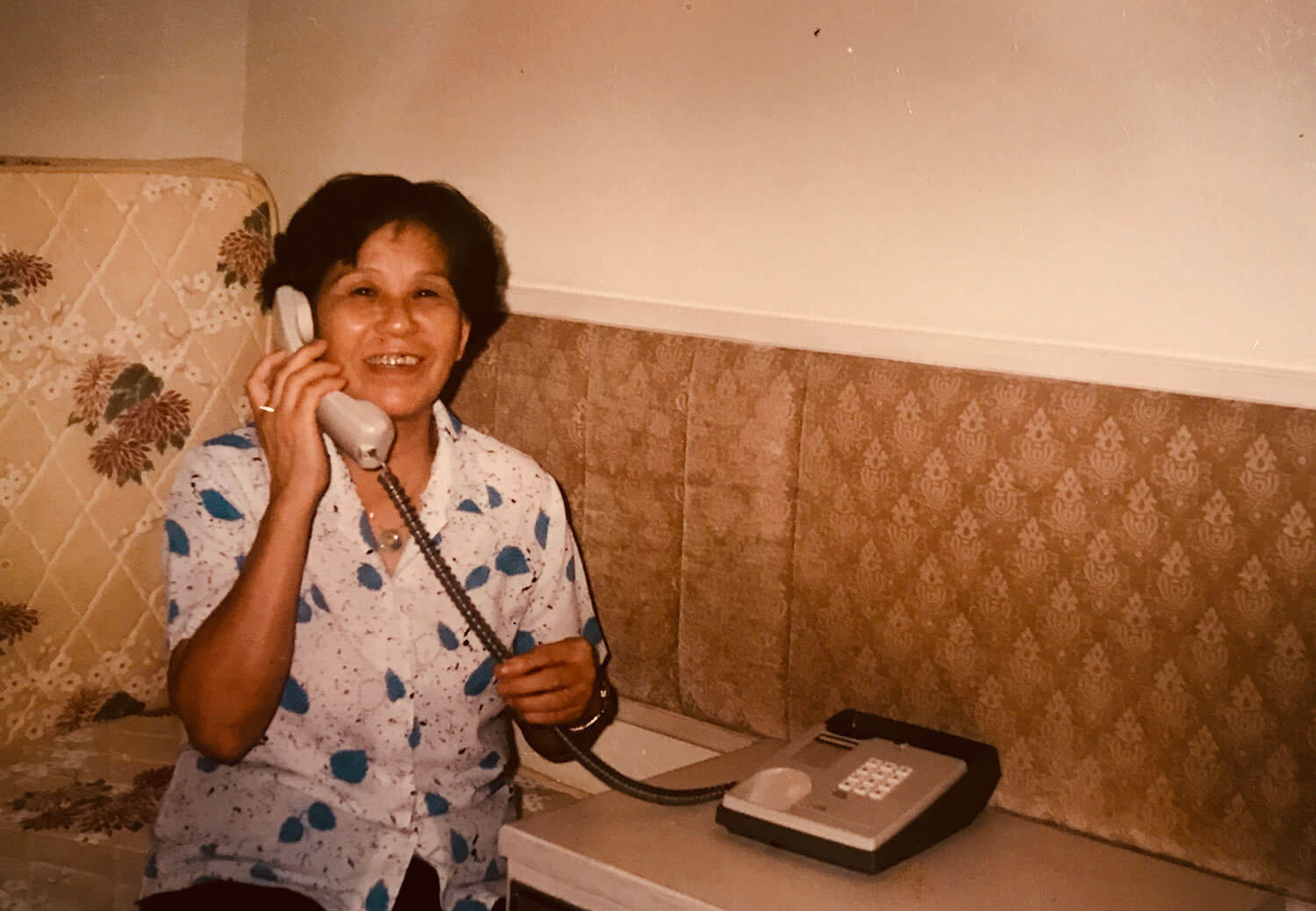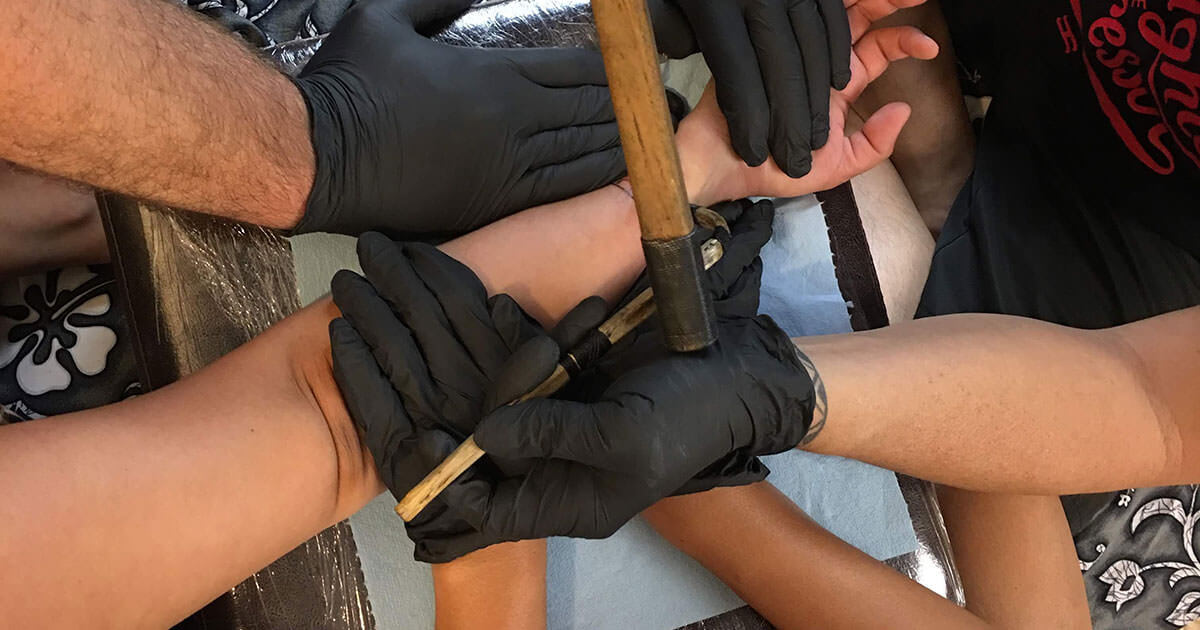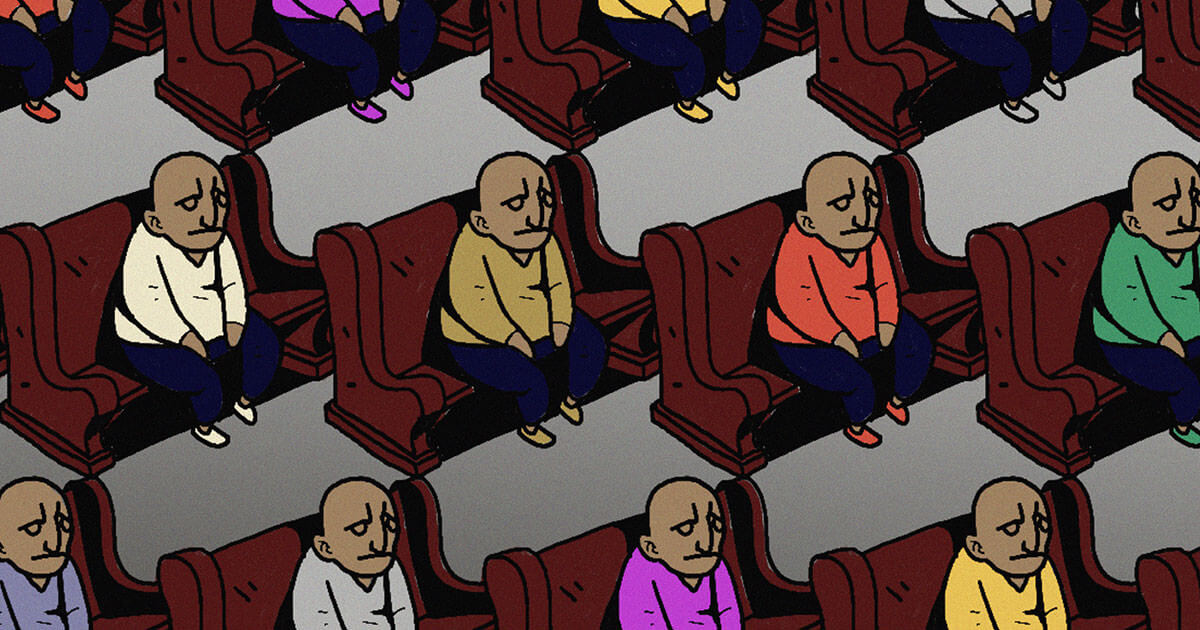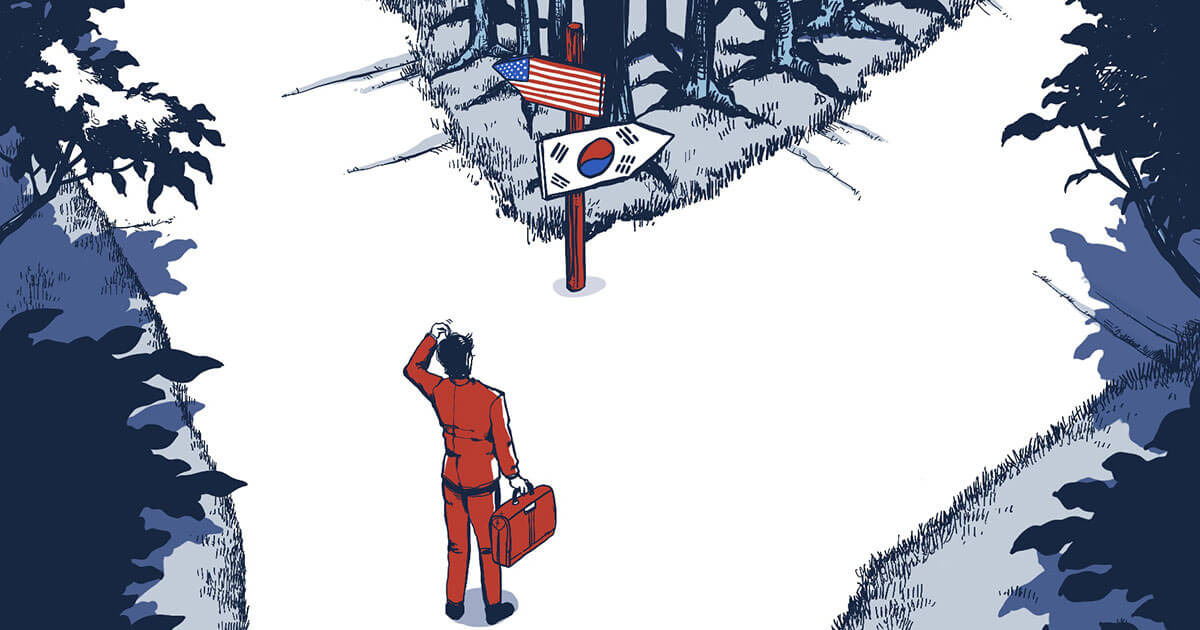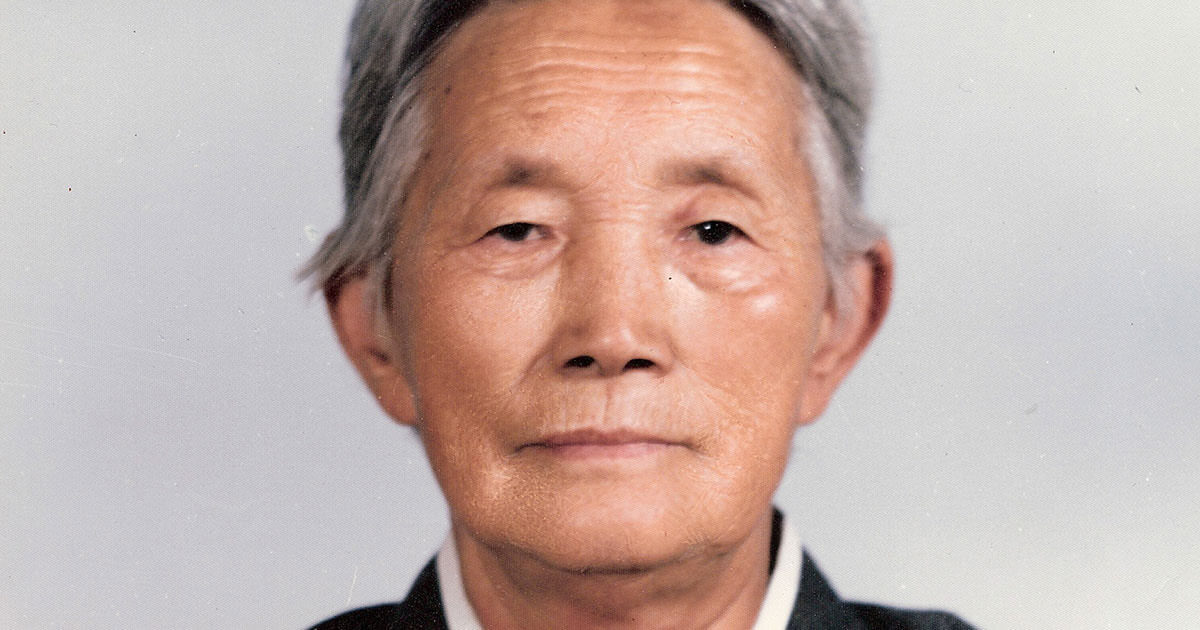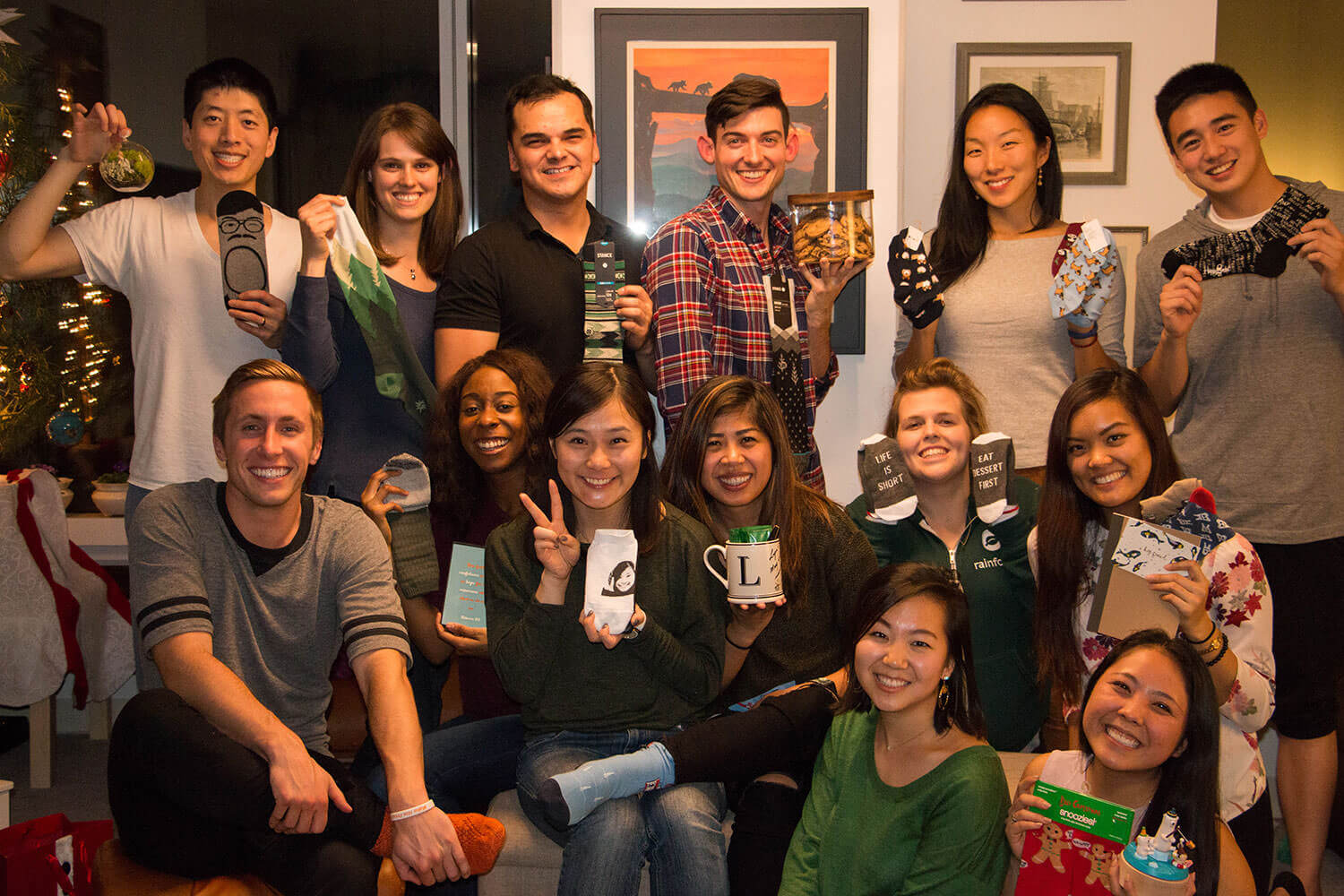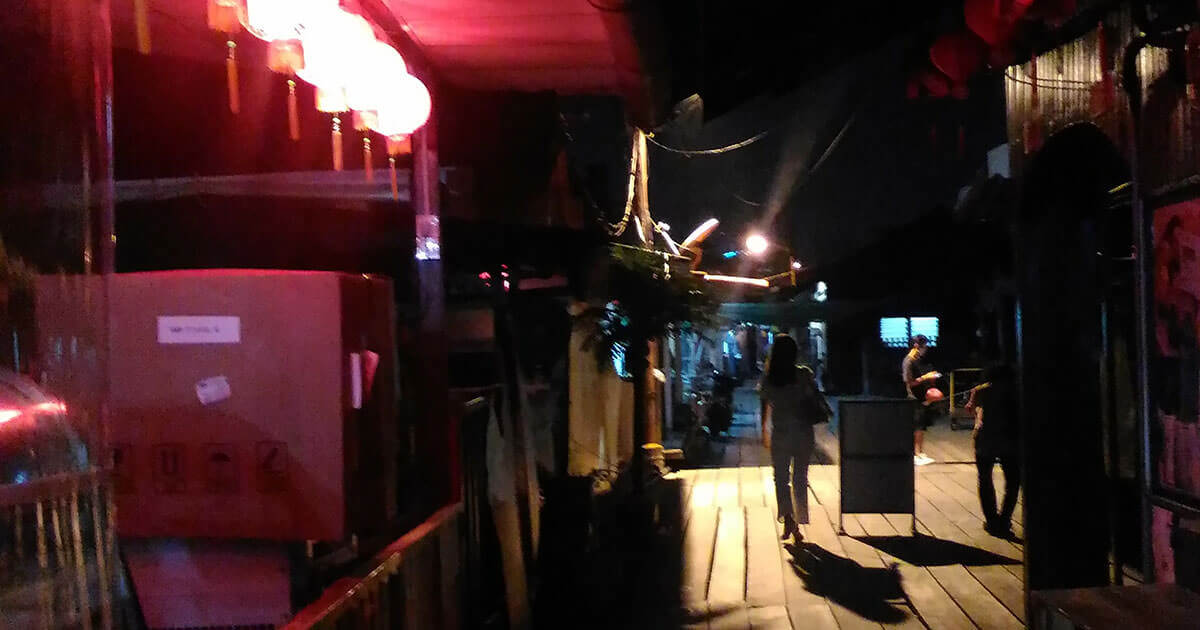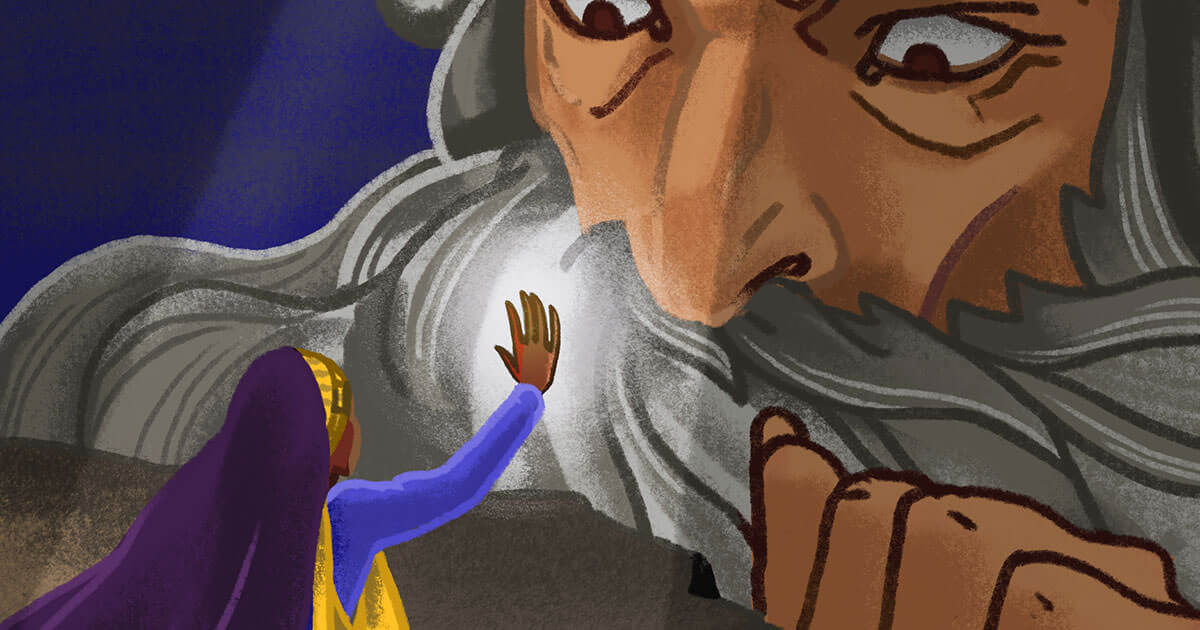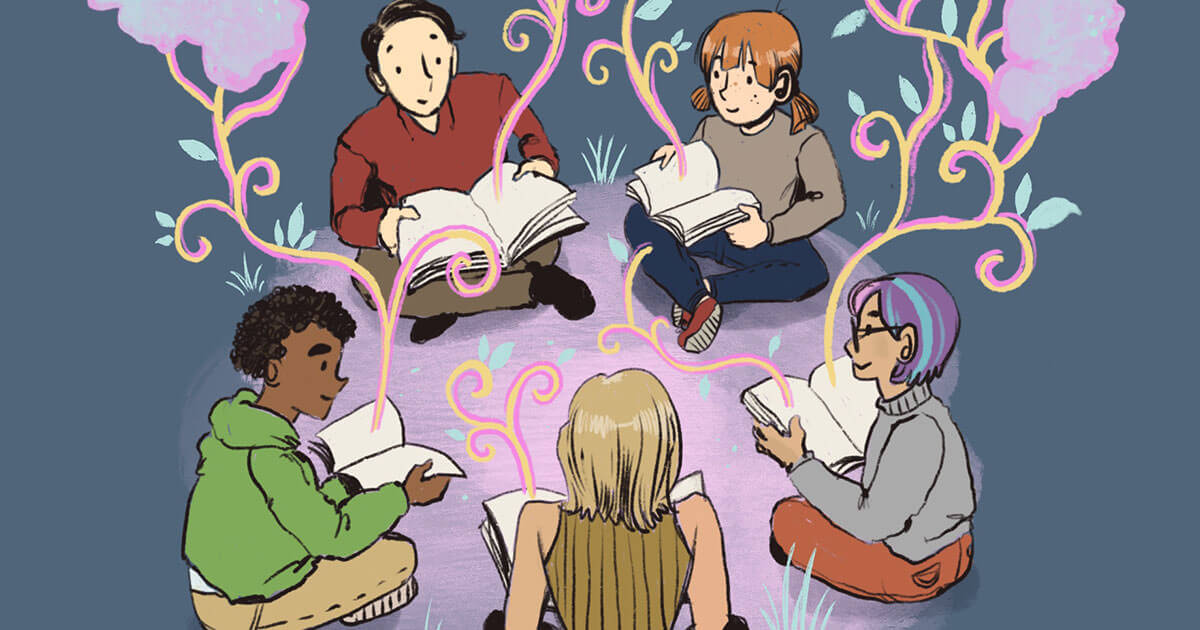
Perspectives
Different perspectives shape how we understand the world around us.
“Stories we tell” is a fascinating documentary about the filmmaker Sarah Polley’s mother and their family.
As different siblings, relatives, and family friends are interviewed and their stories interweave, the viewer begins to see different facets of a deeply complex person. The mother is both particular and ineffable, with different people in her life ascribing different qualities and perspectives of her. It all culminates in a family secret that directly affects the filmmaker’s own sense of identity.
Canadian film journalist and critic Brian Johnson summarizes the film effectively as “an enthralling, exquisitely layered masterpiece of memoir that unravels an extraordinary world of family secrets through a maze of interviews, home movies, and faux home movies cast with actors.”
The gospel writers composed their work in a similar fashion as Polley. Each one wrote their accounts of interactions and sayings of the same person, Jesus, but their memories all vary, in some ways intentionally, due to which qualities of Jesus they were trying to emphasize, and in other ways naturally, due to when the account was historically written.
Some of the differences are fairly insignificant. Numbers aren’t always the same. The order in which events happen don’t always line up. Was Jesus crucified at 9 or 6 in the morning? Discrepancies are normal when different people recall a shared experience.
But some of the differences are more profound. Was the mother with the demon-possessed daughter from Syrophoenicia or Canaan? Was Jesus the Son of Man or the Son of God? How many times did Jesus visit Jerusalem during his ministry?
How we tell our stories, the details that we remember, and how we remember ourselves in these stories reveal a lot about what we care about and what we value in that moment. For Luke, it meant emphasizing the human side of Jesus. For Matthew, it meant a focus on Jesus as a king in opposition to the empire of Rome.
In this issue, we consider how different perspectives shape how we understand the world around us. Memory offers powerful ways of engaging with our past, but can also be quite misleading or unreliable. Proximity — both physical and metaphysical — affects our ability to discern and recognize realities based on our distance from them. Prophecy provides us resources for not only what can or should be, but what currently is, so that there can be change.
These various frameworks show us how all the parts — the stories we tell — are what make up the story itself.

